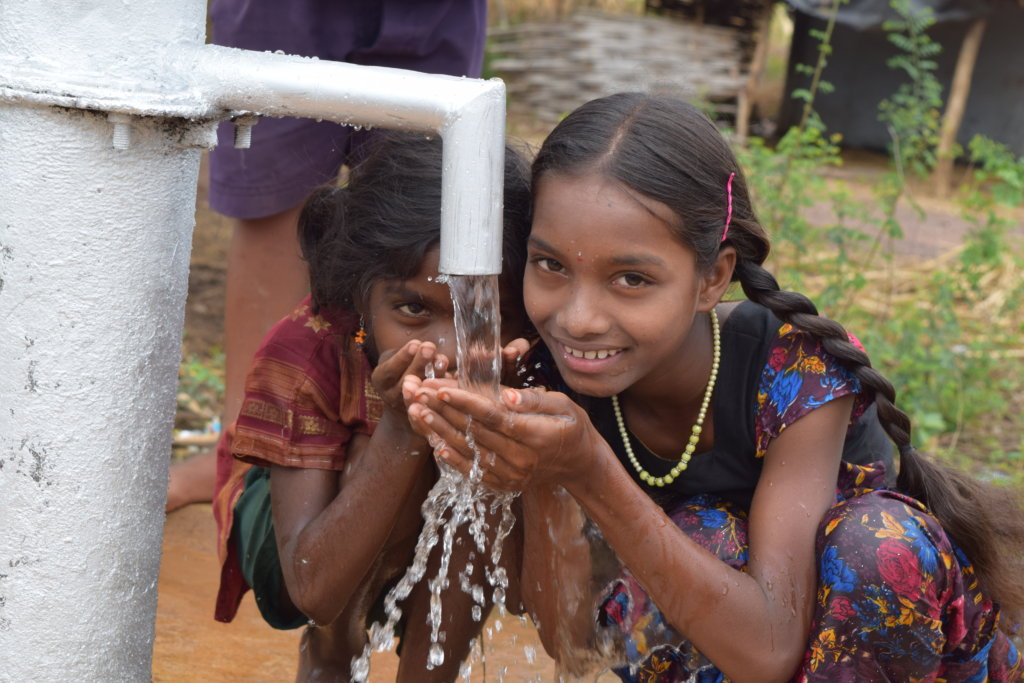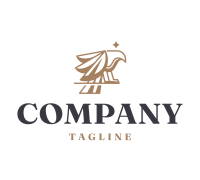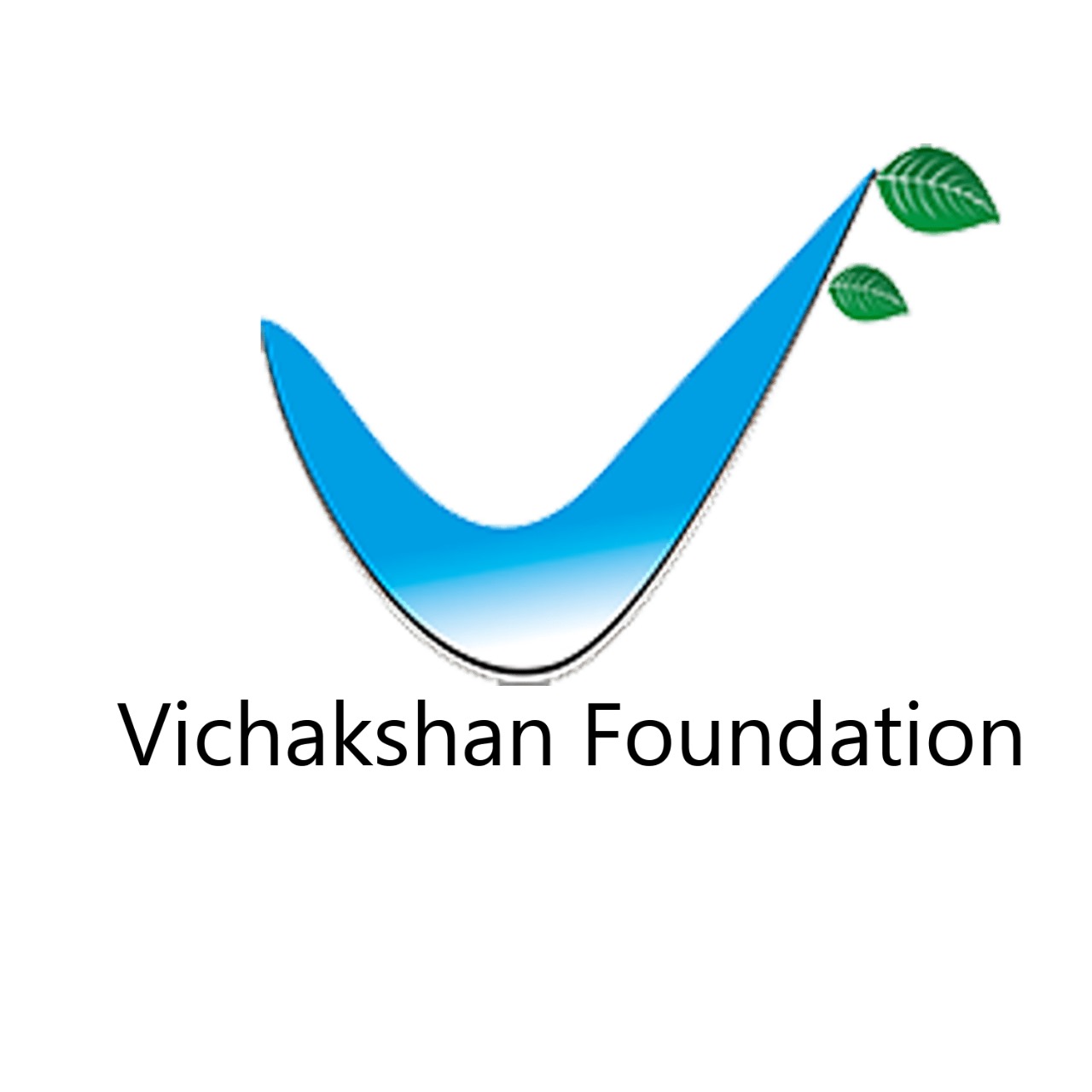Access to clean water and sanitation

Access to clean water and sanitation is a fundamental human right and a cornerstone of public health. It goes beyond the provision of a basic necessity; it is a catalyst for improved living standards, health, and overall well-being. Inadequate access to clean water and sanitation disproportionately affects marginalized communities, leading to waterborne diseases and perpetuating cycles of poverty.
Efforts to ensure universal access involve developing infrastructure for safe water sources, promoting hygiene education, and implementing effective sanitation systems. Clean water and sanitation are integral to preventing the spread of diseases, particularly in vulnerable regions where water scarcity and poor sanitation are prevalent. Sustainable development goals prioritize achieving universal access to clean water and sanitation, recognizing their pivotal role in eradicating poverty and promoting a healthier, more equitable world. By securing these essentials, societies empower individuals, enhance community resilience, and lay the foundation for sustainable and thriving environments.
News Paper Articles



Media Gallery

Associated Partners






